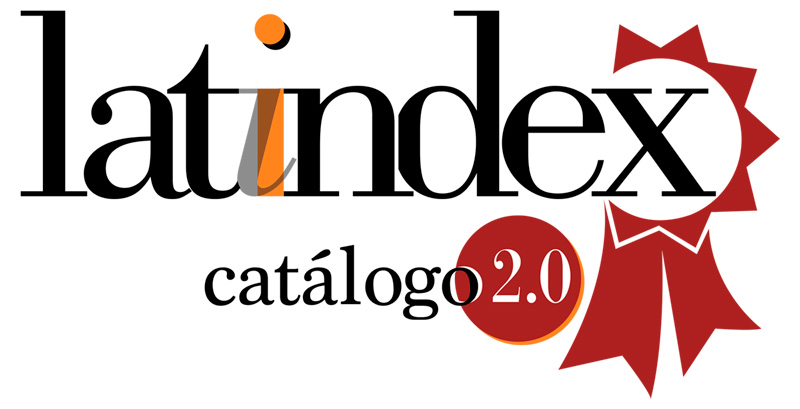Leonidas Yerovi: Novelizable Character and Romantic Hero
DOI:
https://doi.org/10.35626/cl.15.2018.256Keywords:
Leonidas Yerovi, peruvian literature, modernismo, literary criticismAbstract
Leonidas N. Yerovi (1881-1917) is one of the most important Peruvian writers of the Modernismo. His extensive work, not yet properly studied, covers articles, poetry, chronicles and theatre. In the present article, we study one of the lines of inquiry followed by the literary criticism when researching Leonidas Yerovi as an author: the literary characteristics of his life. With that objective in mind, we review important aspects around which his biography has been interpreted: his tragic death, the bohemianism and the bitterness behind his laughter. We demonstrate, thus, the processes by which the critics have sought to fictionalize this historical character and turn him into a romantic hero, as a way of practicing literary creation and criticism.








